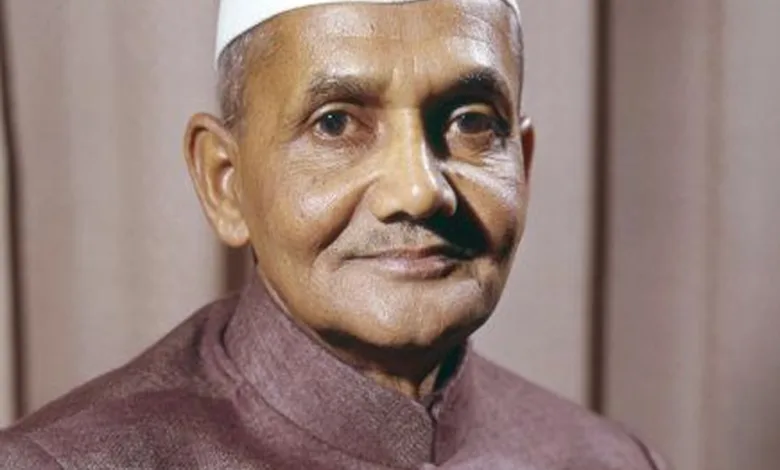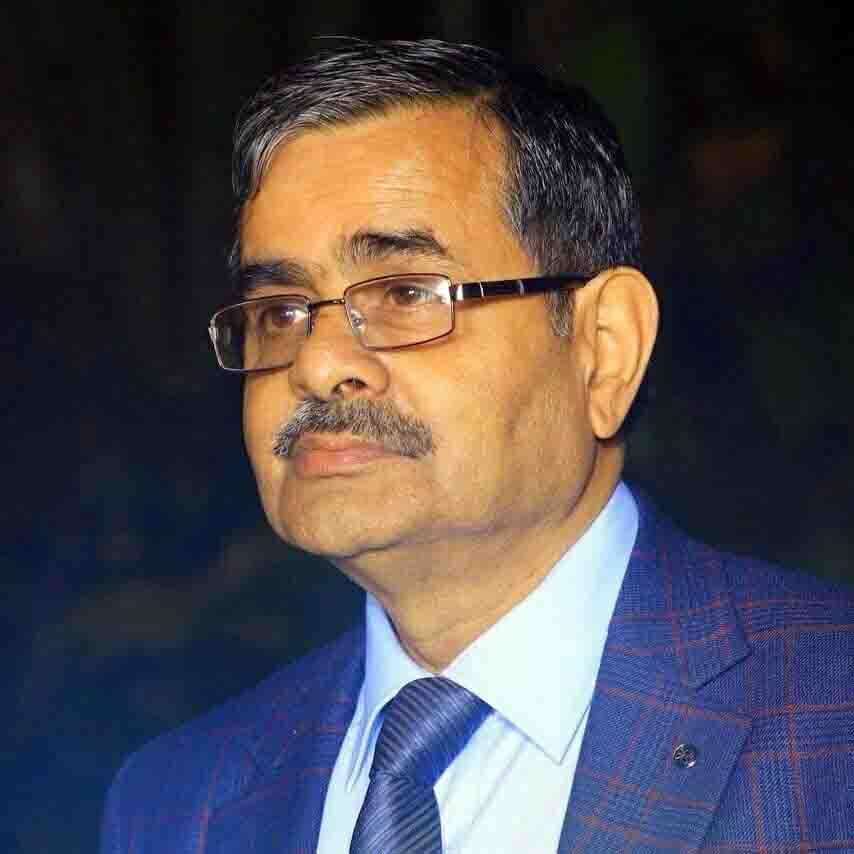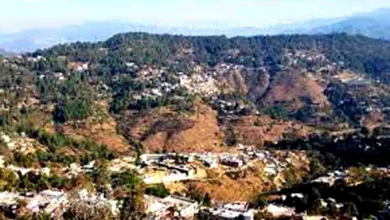GUEST COLUMN : Lal Bahadur Shastri: the unflickering saga of morality & altruism

 Neeraj Kumar Pande
Neeraj Kumar Pande
History often illustrates the achievements and social contributions made by luminaries. However, a few pages highlighting the outstanding dimensions of their personality end up turning sepia over time. It’s only when we flip these pages from history that we realise that more light needs to be shed on these. For these are inspiring, unforgettable and worth remembering more often. One such illustrious Indian freedom fighter, statesman and political leader, whose contribution has been spectacular in modern India’s political, economic and social spectrum was Lal Bahadur Shastri, known to most as the second Prime Minister of independent India (1964-66). Someone who had fought against myriad daunting odds with incredible courage and grit. His humble demeanour, politeness and simplicity won the hearts of millions, including his cynical critics. He was born on October 2, 1904 in a humble family from modern day Uttar Pradesh. Raised in his maternal grandfather’s household, he received a rather austere upbringing. However, being a meritorious student, he secured a sound school as well as college education. Inspired by his school teacher and mentor Nishkameshwar Prasad Mishra, Shastri gradually inculcated a spirit of immense nationalism in his heart. Not only was he motivated to participate in the freedom movement, but also became deeply inspired by the Satyagraha ideology of Mahatma Gandhi.
From quite a young age, Shastri took a keen interest in the philosophies of Swami Vivekananda, Mahatma Gandhi and Annie Besant. It was this charm for understanding ancient Indian culture, religion and spirituality that later chiseled his patriotic inclinations. After receiving a rich nationalist education in Indian heritage from the Kashi Vidyapeeth University, he received the title- Shastri (scholar). This symbolised the bachelor’s degree awarded by the institution to him, but it eventually became a part of his name. It was during his youth that he was deeply moved by Gandhi’s call of non cooperation, non violence and Satyagraha. In fact he disengaged from his school to take an active part in the non-cooperation movement flagged off during 1920-21. However this proved to be just a stepping stone in mainstream Indian politics. By 1928 Shastri had become an active member of the Indian National Congress and subsequently participated wholeheartedly in the Quit India Movement of 1942. His Gandhian philosophy, honest conduct and selfless contribution to the freedom struggle had already won him huge popularity among vast sections of masses.
Hence it was hardly a surprise when in 1952, Jawaharlal Nehru invited him to the first cabinet of the Republic of India as the Minister of Railways and Transport. At this point he totally redefined the ethical foundations of Indian politics by resigning from his post immediately after the 1956 Mahbubnagar train accident took place. By taking moral responsibility for mishaps during his tenure he carved a new epitome of humanity, morality, honesty and philanthropy. No wonder then that he was the unanimous choice as the second Prime Minister of India in 1964 after Nehru’s demise. He was strongly committed to the socialist economic policies espoused by Nehru and this reflected in his economic policies as well. Shastri was a visionary who had been handed down a lopsided Indian economy, rife with financial difficulties, import dependence and faulty balance of trade. He hence resolved to take several ambitious initiates such as The White Revolution – national campaign to increase the production and supply of milk. He also promoted the Green Revolution in India in 1965, with a foresight to boost food grain production in the country. His leadership acumen was internationally lauded as he handheld the nation during the India – Pakistan war of 1965. As the nation celebrated the victory in the war, Shastri heralded his popular slogan – ‘Jai Jawan, Jai Kisan’. Through this he encouraged Indian soldiers to defend their motherland at all cost and alongside gave inspiration to the farmers to leave no stone unturned for increasing the production of food grains in the country to reduce our dependence on food imports.
Shastri was equally committed to the non alignment principles of Nehru and wanted to promote cordial relations with neighbouring nations. He himself opined, “India has stood for the principle of coexistence and championed it all over the world. Peaceful coexistence is possible among nations no matter how deep the differences between them, how far apart they are in their political and economic systems, no matter how intense the issues that divide them.” In his personal life, he was a man of high morals, self discipline and perseverance. Even in the capacity of the leader of the nation, he continued to maintain a low profile. During the Indo-Pak war of 1965, Shastri refused to accept any salary from the government. He would also refuse any valuables or expensive gifts offered by people. He would famously say, “At heart I’m a simple poor man, I cannot afford to buy expensive things for my family.” These words from a man of his stature and position were and will continue to be unprecedented in the political legacy of India. Shastri was an ardent critic of cultural malpractices. He profoundly criticised the discriminatory caste system which was deeply entrenched in the society of his times. In fact he gave up his own family surname as an expression of hatred towards caste divide. He had also encouraged women education as he believed that unless women get emancipation, Indian society could only become partially progressive.
In honour of his multifaceted contribution to the country, he was bestowed with the most prestigious national honour – the Bharat Ratna, posthumously in 1966. The India-Pakistan war officially spiralled to an end on January 10, 1966. However the nation lost its most valuable gem the following day. Shastri breathed his last in Tashkent, leaving behind a legacy of unparalleled greatness. Today as the world grapples with new age concerns such as ecological degradation, social-political conflicts, economic deprivation and technological challenges, the only promising solution is reverting back to the ideals laid by luminaries like Lal Bahadur Shastri. Whether it be his humility, simplicity, kindness, sense of utmost responsibility towards duty or patriotism, he was an epitome of virtues in the veritable sense. His ideals, if imbibed by the younger generation, can usher a modern India built on a morally stronger edifice. His unforgettable words continue to reverberate aloud -“We want freedom for our country, but not at the expense or exploitation of others, not us to degrade other countries…I want the freedom of my country so that other countries may learn something from my free country so that the resources of my country might be utilised for the benefit of mankind.”
(The author is a retired civil servant. Views expressed are personal)






